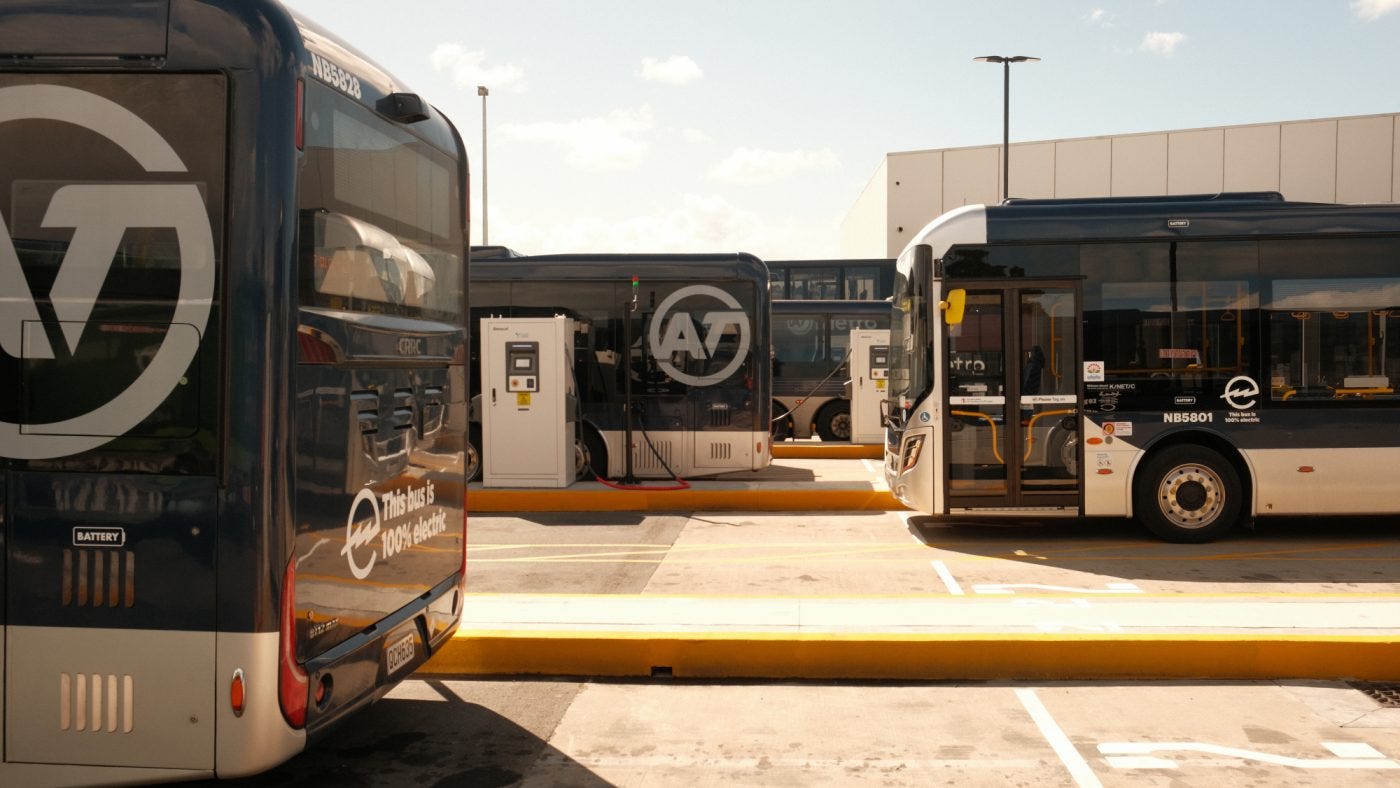TL;DR: The top six things I’ve noted around housing, climate and poverty in Aotearoa’s political economy today are:
The inside stories of KiwiRail’s iRex debacle, Westport’s perma-delayed flood scheme and Christchurch’s post-quake sewer rebuild, which assumed no population growth, show just how deeply sceptical senior officials in Treasury, the Ministry of Transport and the Department of Internal Affairs have been for decades about borrowing to build big public infrastructure projects.
In my view, that scepticism, which was forged in the very-real fires of the 1984 and 1991 debt and economic crises, is now unfounded and cloaks Aotearoa in a sclerotic and reactionary approach to public investment. That default setting of avoiding infrastructure investment and ignoring population growth is fuelling massive inter-generational wealth transfers that worsen our poverty, housing and climate crises.
This ‘talk to the hand’ approach to infrastructure, motorways excepted, also shows the ‘wellbeing’ sheen of commentary and research within Treasury in recent years has been performative at best, and distractionary at worst. For example, Treasury’s use of high discount rates in cost-benefit analyses is a structural devaluer of projects’ long term benefits and overvaluer of costs today.
The motorways exception is evident in the massive subsidies being paid by taxpayers at large, especially non-drivers and non-truckies in particular, to the heaviest users of motorways and local roads, as recent Te Waihanga-Infrastructure Commission research shows.
Critics have challenged the National-ACT-NZ First Coalition Government on its reliance on tree planting, carbon capture and storage, and unproven or far-from-commercialised technologies in its emissions reduction plan, rather than actually reducing today’s biggest emissions from the likes of transport, industry and housing. They argue Aotearoa cannot ‘grow its way out’ of the climate crisis.
Ice-melt levels are worsening again towards record highs at both ends of the planet, despite the end of El Nino. But there is hope and progress in Auckland, where bus operator Kinetic has unveiled Australasia’s largest all-electric bus depot in New Lynn, with 86 electric buses and 44 chargers. Auckland’s bus fleet is on track to be 75% electric within five years, versus 10-15% nationwide.

(Full paying subscribers can see and hear more detail, analysis and commentary in my podcast above and below the paywall fold. They also get sent the full daily Pick ‘n’ Mix and full daily Journal of Record emails. If we get more than 100 likes, we open these articles up for full public access and sharing online. Join our community of paying subscribers to also be able to comment and get access to our ‘Hoon’ webinars.)
Top Six Things to note on July 18:
1. When the correct answer is always no
Details emerge of Treasury’s in-built scepticism towards big projects
Listen to this episode with a 7-day free trial
Subscribe to The Kākā by Bernard Hickey to listen to this post and get 7 days of free access to the full post archives.










